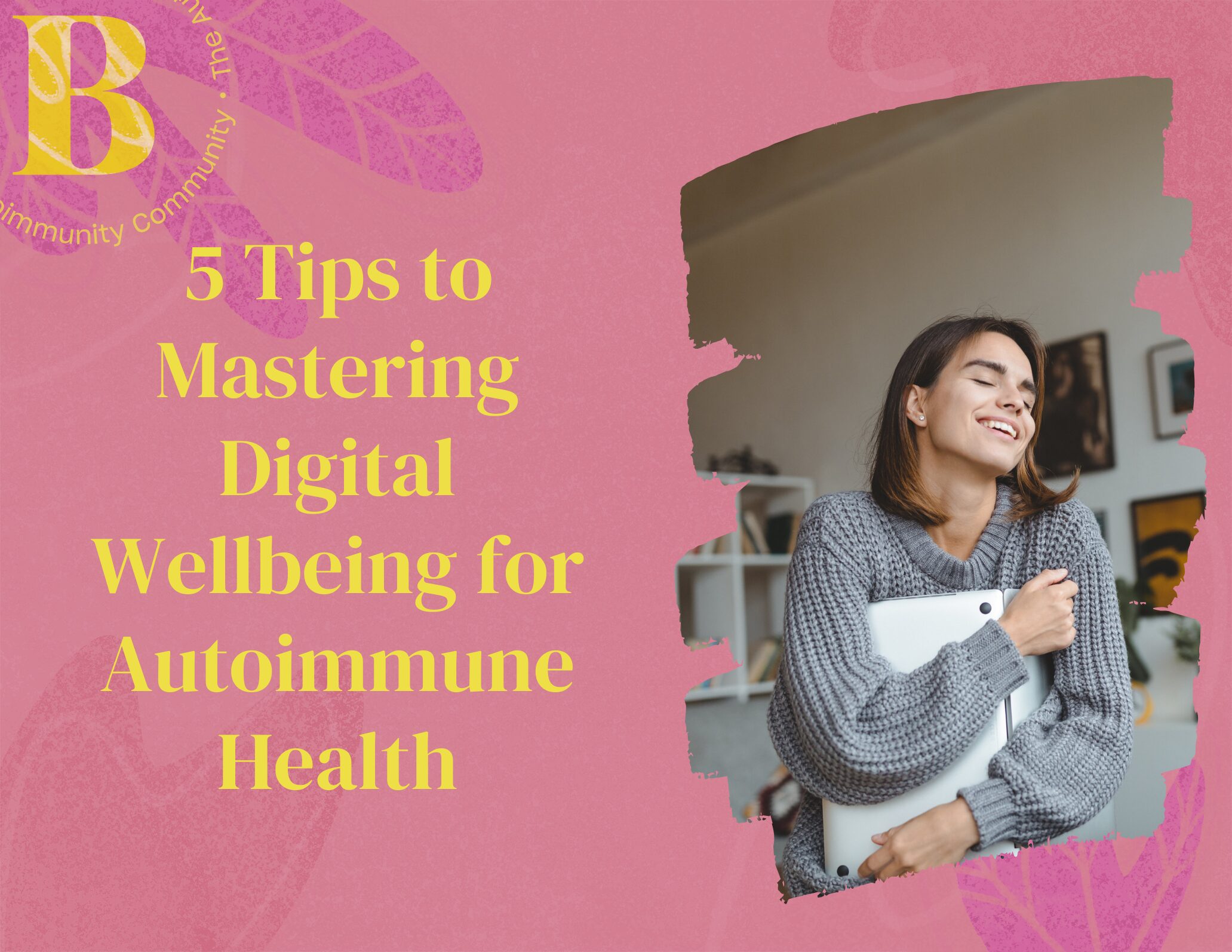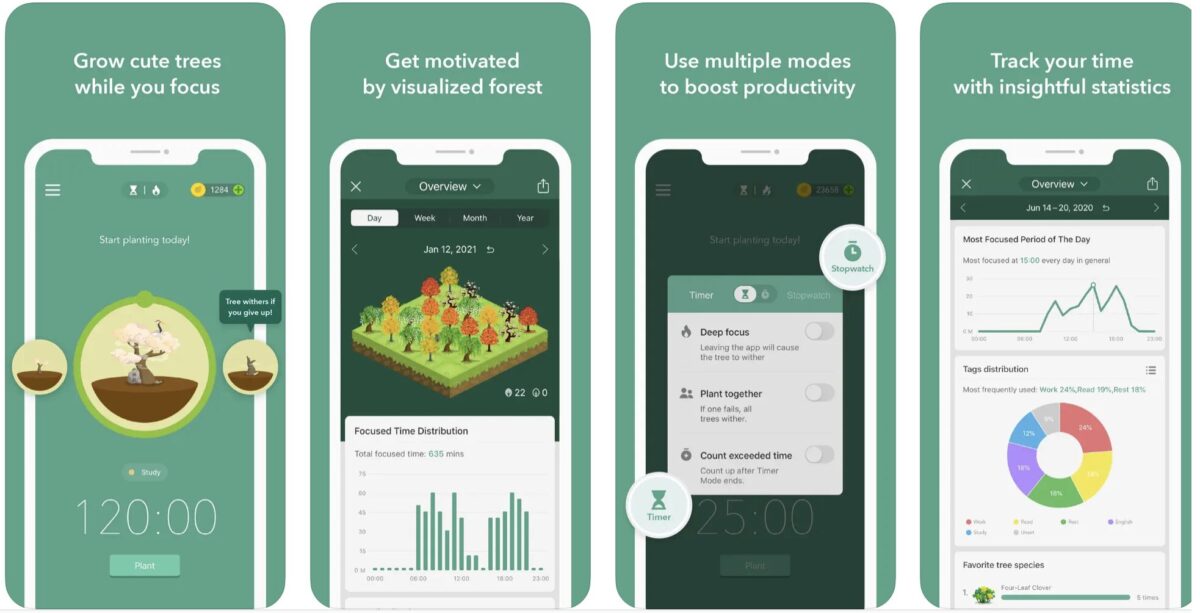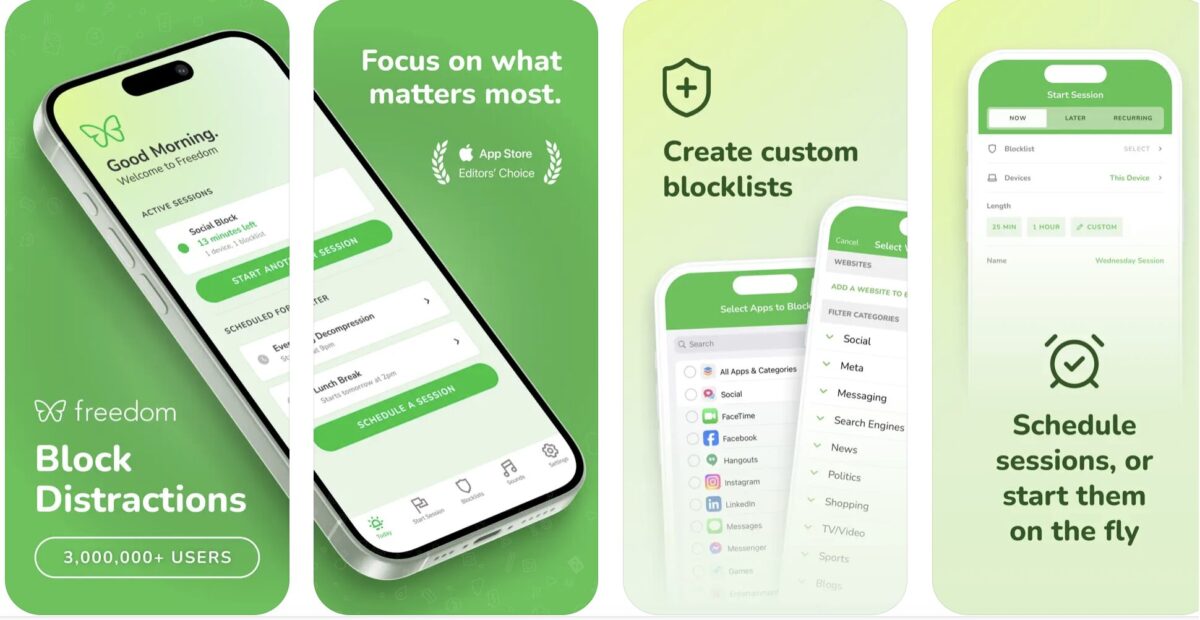
5 Tips to Mastering Digital Wellbeing for Autoimmune Health
Did you know the average person spends almost 7 hours a day on screens?
That’s almost like a full-time job! For those managing autoimmune conditions, balancing screen time is not just important—it’s urgent.
Excessive screen time can worsen symptoms like fatigue, stress, and poor sleep, which are already significant challenges for individuals with autoimmune disorders.
By taking immediate steps to manage screen time and beat tech addiction, you can drastically improve your overall health and quality of life.
Let’s dive into the critical importance of digital well-being, especially for autoimmune health.
Understanding Digital Wellbeing
Digital wellbeing is all about finding that sweet spot between enjoying our gadgets and not letting them take over our lives.
It’s about using technology to enhance our lives without allowing it to dominate our daily routines.
In today’s fast-paced digital age, it’s easy to get caught up in endless scrolling or binge-watching our favorite shows. While these activities can be fun and relaxing, too much screen time can actually worsen autoimmune symptoms like fatigue and stress. Striking a balance helps keep our minds and bodies in check, ensuring we use technology in ways that support our health and happiness.
Imagine enjoying your favorite Netflix series without the guilt of overindulgence.
By setting boundaries and being mindful of our digital habits, we can savor our screen time and still prioritize our well-being.
Remember, you are in control of your digital experience.
Here are some tools and strategies to help you maintain a healthy balance to support your overall wellness and autoimmune health.
1. Set Screen Time Limits
Think of your smartphone as that overly chatty friend who doesn’t get the hint—sometimes, you need to set boundaries.
How to Set Up Screen Time Limits:
- iOS Users: Navigate to Settings > Screen Time > App Limits.
- Android Users: Go to Settings > Digital Wellbeing > App Timers.
Think of these limits as gentle nudges, reminding you that perhaps it’s time to give your eyes (and brain) a break, especially after a full, long day.
Watch: How To Limit Screen Time – iPhone & iPad Tutorial & Parental Controls
Ever find yourself glued to your iPhone or iPad for hours on end? We’ve got your back! Here’s a fun and easy-to-follow tutorial on how to limit screen time that will help you take control of your device usage. Plus, in the video, you’ll also know how to set up parental controls to keep the kiddos in check too.
Watch: Set Time Limits for Apps on Android
For our friends using Android phones, managing screen time on Android is super simple. You can use Google’s Digital Wellbeing feature to set daily app usage limits. Here’s how:
2. Create Tech-Free Zones
Designate areas in your home as no-phone zones. Think of it as declaring a tiny Independence Day for your brain.
Examples:
- Bedroom: A no-phone zone can improve your sleep quality—key for autoimmune health.
- Dining Room: Keep mealtimes tech-free to foster deeper connections with family and friends.
Benefits: Reclaim control over your environment and reduce stress, enhancing both mental health and immune function.
Research shows that reducing screen time can lower cortisol levels, helping you feel more Zen.
3. Use Technology to Fight Technology
By this, we’re not summoning the Terminator to fight your phone battles! But some apps are here to save you from… well, other apps.
Apps to Try:
- Forest: Plant a virtual tree that grows as you stay off your phone. Think of it as growing your patience and mindfulness, one tree at a time.

Credits: App Store
- Freedom: Block distracting apps and websites so you can focus, be more productive, and build better screen time habits.

Credits: App Store
4. Schedule Digital Detox Days
Unplugging for a full day might sound like a Herculean task, but your body and mind will thank you for it!
Going on a digital detox:
- Reduces stress from constant notifications and emails.
- Decreases inflammation markers, which is a win for those of us with autoimmune conditions.
Suggestions:
- Dive into that book you’ve been eyeing: Remember that novel you bought but never started? Now’s the perfect time to curl up with it and get lost in a new world.
- Take a nature hike: Fresh air does wonders for your health. Hit a local trail, enjoy the scenery, and soak in the tranquility of nature.
- Catch up with friends face-to-face: In our digital age, we sometimes forget the joy of real conversations. Invite a friend for coffee or a walk and rediscover the pleasure of a good chat.
5. Practice Mindfulness
Mindfulness is like giving your brain a spa day. It helps you stay present and reduces stress, which can exacerbate autoimmune symptoms.
Simple Practices:
- Take deep breaths: Inhale calm, exhale stress.
- Notice bodily sensations: It’s like tuning into your body’s radio station—what’s it saying?
- Appreciate the little things: That warm cup of tea, the sound of birds, the feel of sunshine on your face.

Use Mindfulness Apps: For guided exercises and reminders, apps like Headspace and Calm can be invaluable tools in your wellness toolkit.
Conclusion
No doubt smartphones are amazing, but they can also be addictive.
Use these tips to manage screen time and beat tech addiction, especially if you have an autoimmune condition.
Remember, balance is key: make your devices work for your well-being, not against it.
Join the BrightlyThrive community to support you on your digital wellness journey for better autoimmune health. Together, we can achieve balance and thrive. Click here to join us today!
References
Average Screen Time Statistics (2024). (2023, December 27). What’s The Big Data? https://whatsthebigdata.com/average-screen-time-stats/
Nakshine, V. S., Thute, P., Khatib, M. N., & Sarkar, B. (2022). Increased Screen Time as a Cause of Declining Physical, Psychological Health, and Sleep Patterns: A Literary Review. Curēus. https://doi.org/10.7759/cureus.30051
Armitage, H. (2024, March 22). Screen time: The good, the healthy and the mind-numbing. Scope. https://scopeblog.stanford.edu/2022/12/09/screen-time-the-good-the-healthy-and-the-mind-numbing/
Thomas, N. M., Choudhari, S. G., Gaidhane, A. M., & Syed, Z. Q. (2022). ‘Digital Wellbeing’: The Need of the Hour in Today’s Digitalized and Technology Driven World! Curēus. https://doi.org/10.7759/cureus.27743
Pedersen, T. (2024, January 17). Can Stress Cause a Positive ANA Test Result? Healthline. https://www.healthline.com/health/stress/can-stress-cause-a-positive-ana-test-result
Wego. (2023, September 11). Digital well-being: what it is and Best Practices | Beaconforce. Beaconforce. https://beaconforce.com/en/what-is-digital-wellness-and-how-to-make-it-part-of-your-organization/
Digital Well-Being Strategies: How To Build A Healthy Relationship With Screens. (2023, August 4). Forbes. https://www.forbes.com/sites/womensmedia/2023/08/01/digital-well-being-strategies-how-to-build-a-healthy-relationship-with-screens/
Krasnoff, B. (2021, June 8). How to use Screen Time to keep your iPhone use within healthy limits. The Verge. https://www.theverge.com/22518869/ios-iphone-screen-time-downtime
Co, H. C. (2024, June 9). Creating Tech-Free Zones for Mental Well-Being. Hustle Culture Co. https://hustlecultureco.com/blogs/news/tech-free-zones-tech-free-digital-detox-unplug-regularly-create
Bharadwaj, S. H. (2021). Screen time and its impact on health. ResearchGate. https://www.researchgate.net/publication/351048905_Screen_time_and_its_impact_on_health
Bhattacharya, S., Bhattacharya, S., Vallabh, V., Marzo, R. R., Juyal, R., & Gokdemir, O. (2023). Digital Well-being Through the Use of Technology – A Perspective. International Journal of MCH and AIDS, 12(1). https://doi.org/10.21106/ijma.588
Lawler, M. (2024, June 8). How to Do a Digital Detox. EverydayHealth.com. https://www.everydayhealth.com/emotional-health/how-to-do-a-digital-detox-without-unplugging-completely/
5 Science-Backed Reasons Fresh Air is Good for You – Blue Cross and Blue Shield’s Federal Employee Program. (2018, April 2). FEP Blue. https://www.fepblue.org/news/2018/04/02/12/57/5-science-backed-reasons-fresh-air-is-good-for-you
Just one quality conversation with a friend boosts daily well-being. (2023, February 23). ScienceDaily. https://www.sciencedaily.com/releases/2023/02/230202135217.htm
Cnn. (2021, October 7). Mindfulness: How it can help you stay present. CNN. https://edition.cnn.com/interactive/health/parallels/mindfulness-wellness/
TAGS:
CATEGORIES:







